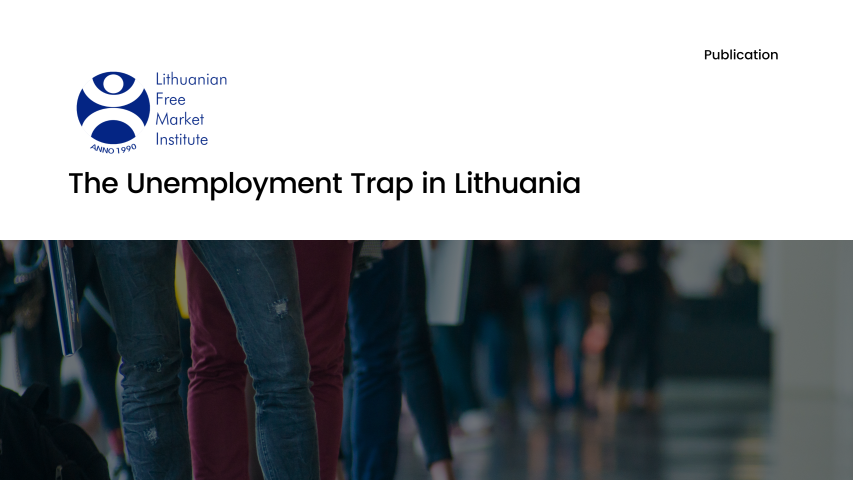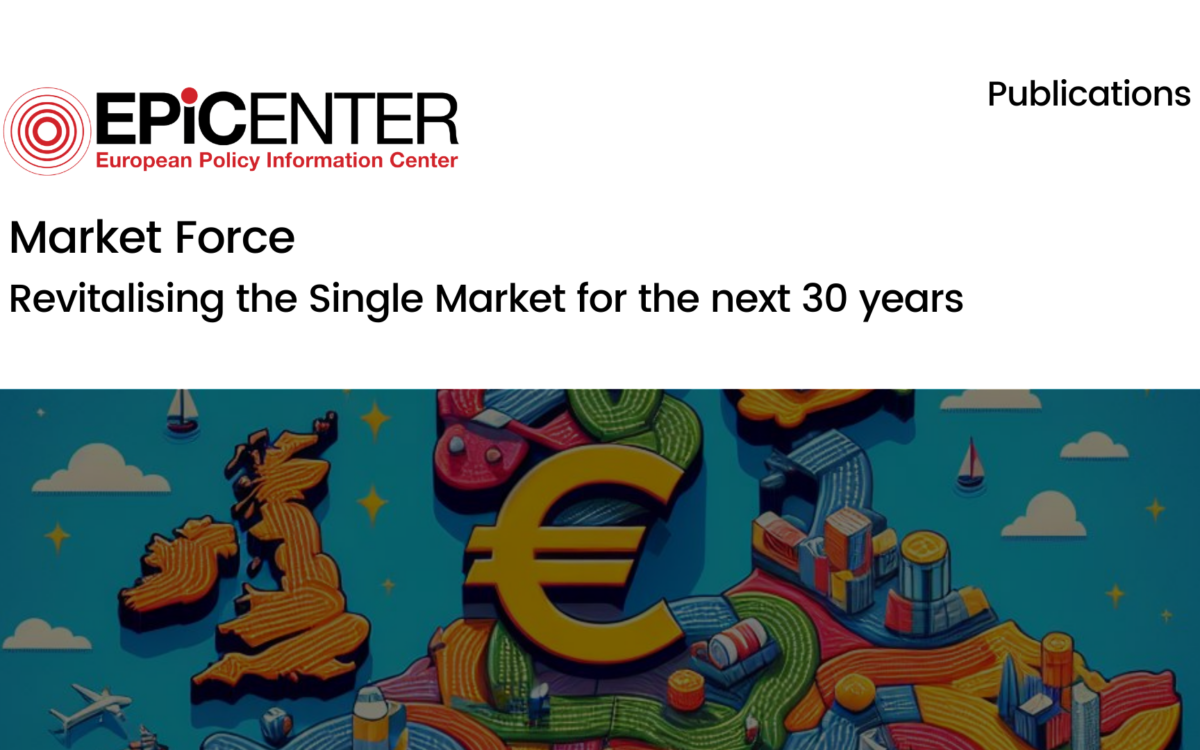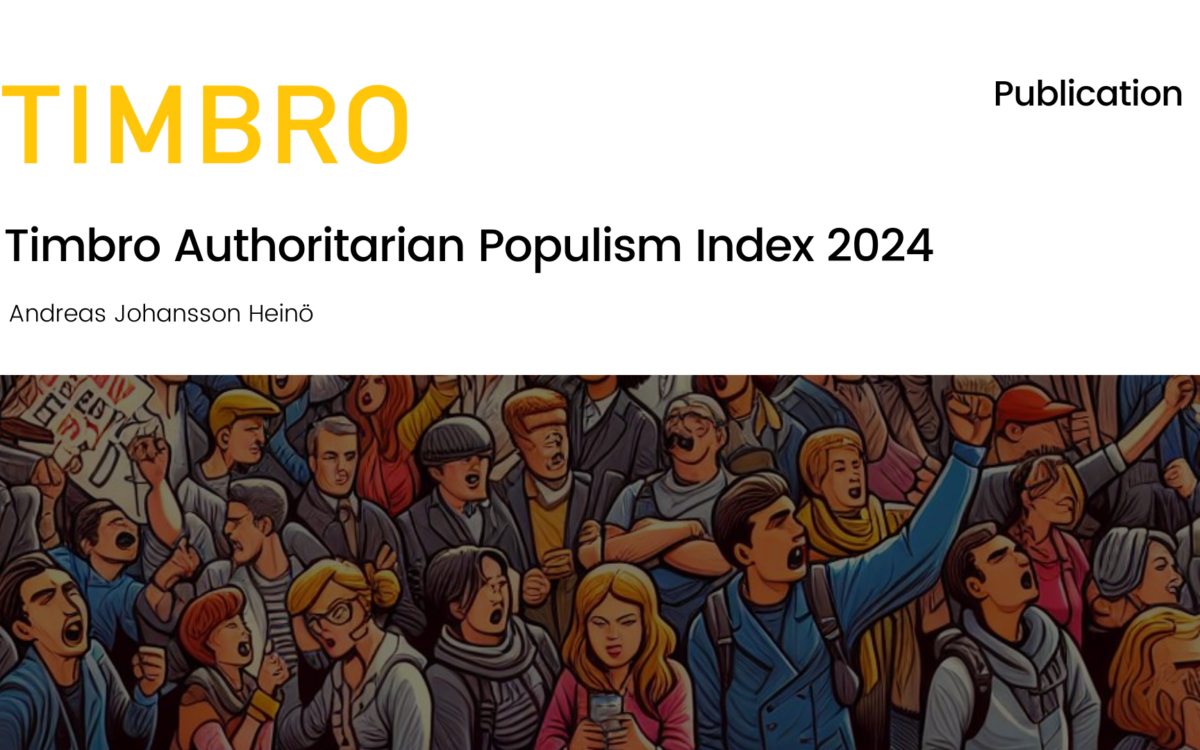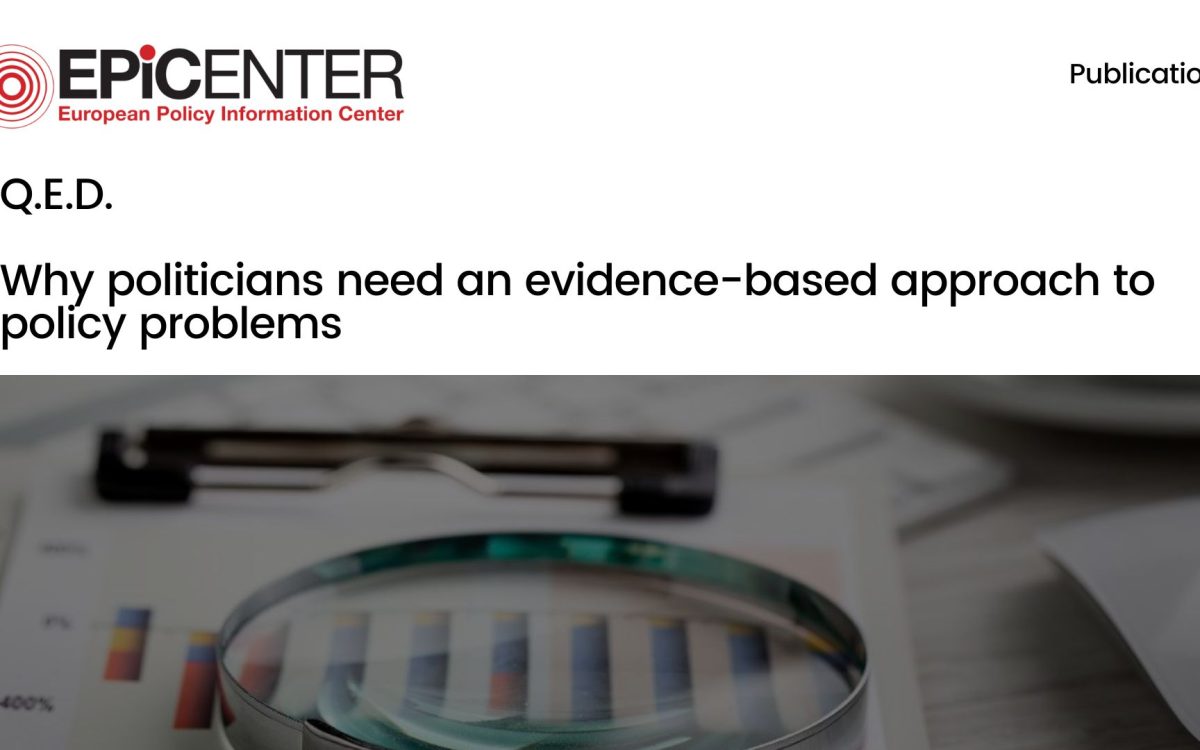The Unemployment Trap In Lithuania

The Unemployment Trap In Lithuania
9 December 2020
Prior to the crisis triggered by the COVID-19 outbreak, the Lithuanian economy had been enjoying a rapid growth. Yet, while the number of available jobs had been increasing, the number of unemployed had remained steadily high. The reasons for this may have been twofold: (1) government-funded measures aimed at retraining and professional reorientation of workers and jobless people were not targeted and implemented properly; and (2) people lacked motivation to join the labour market. This study analyses the latter reason in greater detail.
The motivation and willingness of unemployed people to work, rather than survive on social benefits, is reflected in the “unemployment trap” indicator, or the level of income received by a jobless person in benefits, as a share of the individual’s potential income from employment. The wider the unemployment trap, the less attractive and beneficial it appears for people to earn a living by joining the labour force.
When the unemployment trap is high, the opportunity costs of employment are too high: a person finds it more beneficial to simply continue living on social welfare and remain unemployed. While short-term unemployment is mainly an economic problem, long-term unemployment becomes a social concern. People who remain unemployed for a long period of time lose their social skills and are especially vulnerable to different addictions and mental health problems. A job is the main way to ensure a decent living and well-being. Unemployed individuals lose opportunity of social mobility. Their expectations of being fairly assessed and accounted diminish, and motivations shrink even further. This creates a vicious circle of income inequality, because inequality cannot be reduced without a motivation to work.
Download or share this publication
View the PDF
EPICENTER publications and contributions from our member think tanks are designed to promote the discussion of economic issues and the role of markets in solving economic and social problems. As with all EPICENTER publications, the views expressed here are those of the author and not EPICENTER or its member think tanks (which have no corporate view).



